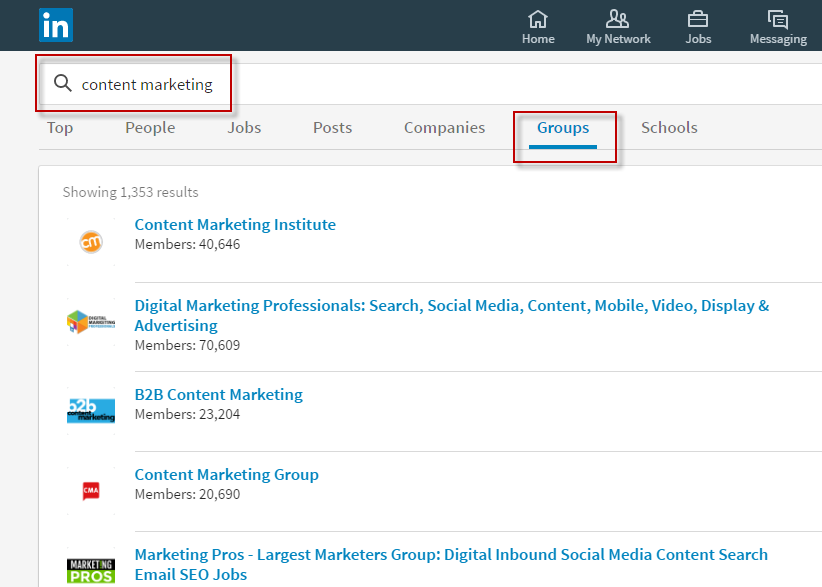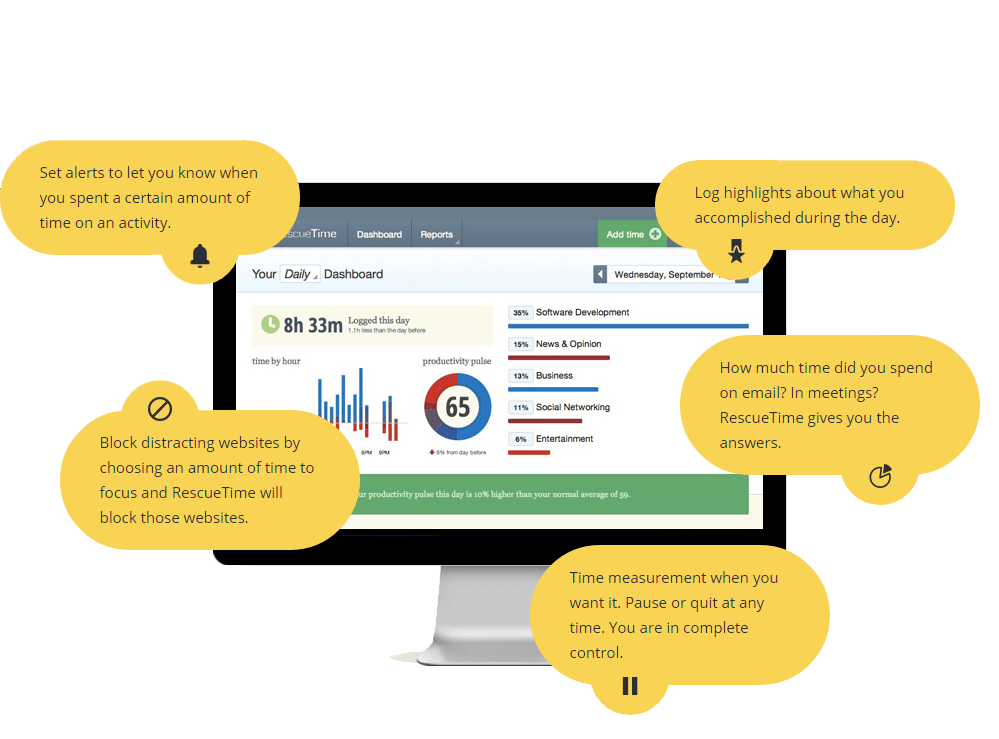If you’ve ever been stuck in torrential rain waiting for a delayed train after a long day at the office, the chances are pretty decent that you’ve fantasized about working remotely at least once or twice.
Telecommuting – one of the fancier terms for working remotely – seems to be the perfect arrangement for workers in dozens of industries. And, for the most part, it is. Companies that encourage and support remote work often report higher levels of employee retention and engagement, reduced turnover, higher employee satisfaction, increased productivity and autonomy, and lots of other benefits.
Of course, there are plenty of advantages for workers, too, including better work/life balance, greater control over the working environment, and the ability to make your own lunch in your own kitchen, to name just a few.
Unfortunately, there are some drawbacks to telecommuting – people just don’t tend to be as vocal about them.
Here are seven things I wish somebody had told me before I took the plunge and became a full-time telecommuter.
Telecommuting Truth #1: You WILL Feel Left Out Occasionally
I found out after everyone else that Larry – the founder and once very public face of the company – had moved on to a brand-new venture. An announcement had been made at the monthly company meeting, but because I work remotely, I wasn’t at the meeting.

This is just one example of how working remotely can lead to feeling left out. Sure, software tools such as Slack can help bridge the gaps between distributed teams (a term for teams and even entire companies comprised of remote workers) and in-house staff, but there will be times when you miss out on news circulating around your company – whether it’s important updates to the executive team or the latest gossip about tawdry office romances.
What Can You Do About It?
The extent to which you can mitigate against feeling left out of the loop depends on the nature of your relationship with your company.
As I write this, I’m sitting in WordStream’s beautiful new offices in Boston’s Back Bay—a far cry from my usual writing habitat of my living room in Providence, Rhode Island, where I work most of the time (often surrounded by my surly cat and dog, both of whom are excellent coworkers). I’ve been with WordStream for quite a while now, and this is the first time in over a year I’ve made the journey into the office to catch up with everyone.
This is because I suck, obviously.

It may not necessarily be news or important company updates you’ll miss as a remote worker. Quick coffee or cigarette breaks with coworkers, long lunches on a Friday, or after-work drinks may be what your new life as a telecommuter is missing (FYI, drinking a bottle of red wine alone in your kitchen while you email your boss doesn’t count, unless it’s Monday afternoon). You may even find yourself missing banal office banter. I love my cat and dog, but let’s be real – pets aren’t the best conversationalists.
Jokes aside, only you can decide how involved you want to be with your company as a telecommuter. Maybe this decision will be made for you. Many companies allow or encourage the use of Slack and other online tools to help teams stay in touch, so be sure to take advantage of these kinds of tools if they’re available. Oh, and don’t be afraid to show your face around the office from time to time if you have the option.
Telecommuting Truth #2: Networking is MUCH Harder for Remote Workers
Think about the last time you heard about a juicy new job opportunity. Did you find the listing on LinkedIn or another job site? Or did you hear about it from a colleague?

If you’ve ever relied on your network of contacts to find new gigs, you may be unpleasantly surprised by how difficult it can be to find new work as a telecommuter. Without those day-to-day in-person connections, you may be forced to rely solely upon job boards or – dare I say it – sending LinkedIn connection requests.
It’s not even just about finding a new full-time job. Telecommuters may find it more difficult to even learn of new opportunities at growing companies in their field, or which firms are worth keeping an eye on. Even if you follow news in your industry religiously, it’s all too easy to miss updates and announcements that could lead to profitable relationships in the future.
What Can You Do About It?
All is not lost, friend. If you live in or near a major city, there are probably Meetup groups for professionals in your field. In Boston, for example, there’s the Boston Speaks series, the Creative Mornings series, and plenty of other networking events you could attend. Granted, you may have to put on pants a little earlier than you’d usually care to, but sacrifice is often necessary when it comes to career progression.
If you simply can’t stand the thought of leaving your bedroom – sorry, office – to stay in the loop, there are plenty of ways to stay connected online. LinkedIn groups are surprisingly good at this, so be sure to join groups that are relevant to your role and industry and get involved in the discussion.

Telecommuting Truth #3: Productivity Expectations May Differ
One complaint I hear over and over again from my office-bound colleagues is the constant interruptions of meetings, people dropping by their desk for a “quick chat,” and the myriad other distractions that are part of working in any office.
I don’t have these problems. (The only coworker who intrudes upon my time with no consideration whatsoever is my cat, who will often decide that my laptop keyboard is the only place she can possibly sit.) That doesn’t mean, however, that it’s any less important for me to ensure I’m getting as much work done as I reasonably can.

The struggle is real. Also, this isn’t my cat.
Depending on the gig, expectations for how much you should be getting done may vary. However, it’s important that everyone is on the same page in terms of expectations. Just because you don’t have a morning commute anymore, does that mean you should be spending that time working? Similarly, just because you don’t have any (human) coworkers to bother you, it’s unrealistic to assume you’ll be able to work all day, every day, with no interruptions.
What Can You Do About It?
No two telecommuting arrangements are precisely alike, so be sure to talk over your expectations with your manager. Likewise, be sure that you understand everything that’s expected of you as a remote worker – including hours and availability. One of the most common complaints I’ve heard among telecommuters is the expectation of being available at a client’s beck and call. This can be an especially problematic dilemma if you’re a freelancer hungry for work.

Expectations vs. reality
Only you can advocate for yourself and what you want out of a remote work arrangement. Many companies have experienced incredible success as distributed teams, such as Basecamp (formerly known as 37Signals), because everyone at that company understands and values the opportunities afforded by remote work. Hopefully you work for a company that does likewise.
Telecommuting Truth #4: It Gets Lonely
I am an introvert’s introvert. I loathe small talk, have difficulty maintaining eye contact without feeling intensely uncomfortable, and would much rather be left alone to my own devices than socialize with even close friends.
Even I get lonely as a remote worker.
This aspect of remote work is among the least discussed. Mention remote working to many people and you’ll probably be talking about answering emails in your pajamas and fielding envious glances before long, but far less is said of how lonely it can be working from home.
The “loneliness of the long-distance worker” is a double-edged sword. On one hand, solitude can be immensely beneficial to productivity. On the other, constant isolation can quickly become its own terrible distraction.
What Can You Do About It?
Fortunately, this is one of the easiest drawbacks of remote work to solve. If you need the bustle of being around other people, coffee shops make excellent workspaces. (If you’d like the bustle without the people, there are websites that offer coffee shop ambience right in your browser.)

Alternatively, coworking facilities have emerged in hundreds of cities around the world, offering a work-friendly atmosphere and the perks you’d expect from an office such as conference rooms, refreshments, and even entrepreneur meetups. Many coworking spaces offer other additional benefits for remote workers – including that much-needed human contact.
Another salve for professional loneliness is good old Twitter. Sure, most of the time it’s a waste of time, but it can be a life-saver if you’re starved of a little chit-chat. However, as with unexpected desk visits from coworkers in the office, know when to wrap it up and get back to work.
Oh, and you could always go into the office a little more often.
Telecommuting Truth #5: Self-Directed Learning Suddenly Becomes Crucial
Even if you’re lucky enough to work for a company that actively invests in its workforce (which WordStream does, by the way), you’ll still have to be proactive when it comes to learning and honing new skills.
For example, a few years ago, very few content-related roles mandated that applicants were Inbound-certified through HubSpot’s program. Today, it’s practically an expectation, particularly for companies in the startup and tech sector.
Similarly, many organizations hiring content professionals expect them to not only be excellent writers, but also capable of doing more visual work such as image manipulation and even videography.
What Can You Do About It?
Firstly, you might not have to do anything about it beyond talking to your manager. If your company has skill development programs in place, you might not have to do much more than say you’d like to take a class, then take the class.
If you’re a contractor, however, it’s up to you and you alone to ensure you’re doing everything you can to remain professionally relevant and competitive. Fortunately, there’s no shortage of online resources available on everything from C-suite management to C++ programming, so no matter where you happen to live or what you do, you can always access quality learning resources online – costs permitting, of course. (Protip: online classes can often be written off as business expenses if you’re a contractor.) (Also, WordStream’s Growth Academy is free!)

Working remotely can be an excellent opportunity to put all that time you’re saving to good use, so be proactive about learning new skills. Speaking of skills…
Telecommuting Truth #6: Remote Work Is a Skill (Hire for It)
If you’re in charge of hiring and firing at your company, hire for remote working as if it’s a skill – because it is.
Working remotely forces you to become a more skillful communicator. It also forces you to be more resourceful, especially if you’re working from an area with limited connectivity or cell coverage. Computer problems? You’re the IT guy now. Miss a deadline because you couldn’t find anywhere with Wi-Fi? It’s on you to make sure that doesn’t happen.

OMG HE DID IT, HE MADE A MACGYVER REFERENCE IN 2017
This kind of preparedness can be a desirable quality in a potential hire, as can the strong work ethic you need to succeed as a remote worker. Communicating online has never been easier, but it takes skill to communicate well online.
What Can You Do About It?
Rather than view this as a problem to be solved, instead think of it as an opportunity to cultivate a new skill.
Transitioning from a full-time in-house environment to working remotely can be a major shift for some people. Fortunately, being productive as a remote worker is a skill that can be learned like any other. It just takes time to settle in, just like it does during those first few weeks at a new gig.

Productivity and time-management app RescueTime is a personal favorite
If time management isn’t your strongest suit, there are plenty of apps that can help you stay focused. If working in your kitchen isn’t working out, try working from a coffee shop or your local library. If you work more productively at night than during the day, then work at night. However you choose to do it, think of your newfound professional freedom as a skill to be mastered.
Telecommuting Truth #7: It’s Not for Everyone – and That’s OK
Perhaps the least-discussed aspect of remote work is the fact that it’s not for everybody.
Some people lack the discipline it takes to focus in an entirely newly distracting environment, especially if said person is working from home. Others simply can’t work without the buzz of a busy office or the casual banter of their cubicle colleagues. Whatever the reason, not everyone is suited to remote work – and that’s okay.
What Can You Do About It?
If you’re considering making the shift from the office to working remotely, only actually doing it will show you whether it’s right for you or not. If you try it and it doesn’t work out, that’s okay, too.
However, just as you would with an A/B test, it’s important to give yourself enough time to gauge whether it’s a good fit. It might take a while to adjust, so be sure to give it a fair shot if you’re thinking about making the switch. If you try it and it really isn’t for you, there’s absolutely nothing wrong with that.
Hopefully this has given you a much more realistic view of working remotely if you’ve never done it before, or some things to consider if you’re an employer who’s still on the fence about implementing a telecommuting policy.







